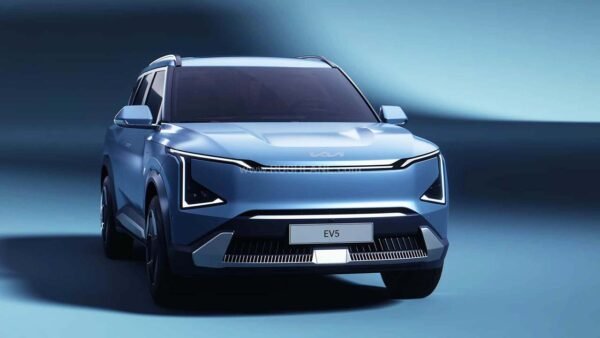Talks on the final phase of the proposed free trade agreement between India and the UK are focused on resolving concerns related to visas for domestic professionals and tariff concessions on British EVs, an official said. Along with some others in the services industry and a customs duty cut on British whisky, an Indian delegation is in the UK to work out disputes over these issues.
For EVs, the two nations are considering tariff rate quota (TRQ)-style agreements. Concessional duty is only applicable on a limited number of items under TRQ; after that, regular duty is charged. In light of the proposed free trade deal, the UK has requested reductions in customs duties on the sale of electric vehicles to India.
India is requesting a more lenient visa policy for its service companies, as these businesses must send highly qualified employees to the UK. Thus, the visa policy ought to be advantageous to them, the official stated. Nonetheless, the UK is contending that immigration was a primary factor in Brexit. Therefore, we must weigh our mobility considerations against their migratory worries. The official stated, “The UK is concerned to ensure that migration does not go unchecked. We would like our companies to have mobility so they can perform.”

India’s growing EV market
International firms are taking notice of India’s rapidly expanding electric vehicle sector. By 2035, the UK plans to phase out internal combustion engine (ICE) automobiles, and exports drive the country’s auto industry. Therefore, they will not benefit from a tariff reduction on ICE. In this case, India has offered an EV production-linked incentive scheme, therefore we want to ensure that the EV industry is well-protected until the PLI plan is implemented. Thus, the official asked, “How can we strike a balance between their interests and ours?”
According to the Economic Survey 2022–23, India’s market for electric vehicles is predicted to reach one crore units in sales annually by 2030 and generate five crore direct and indirect jobs. Industry estimates place the overall number of electric vehicle sales in India in 2022 at about 10 lakh units. With an investment of Rs 18,100 crore for advanced chemistry cell (ACC) battery storage and Rs 26,058 crore for auto, auto-components, and drone industries, the government has launched production-linked incentives (PLI) schemes. The free trade deal is now being negotiated, and both parties are debating some quite complicated topics.


